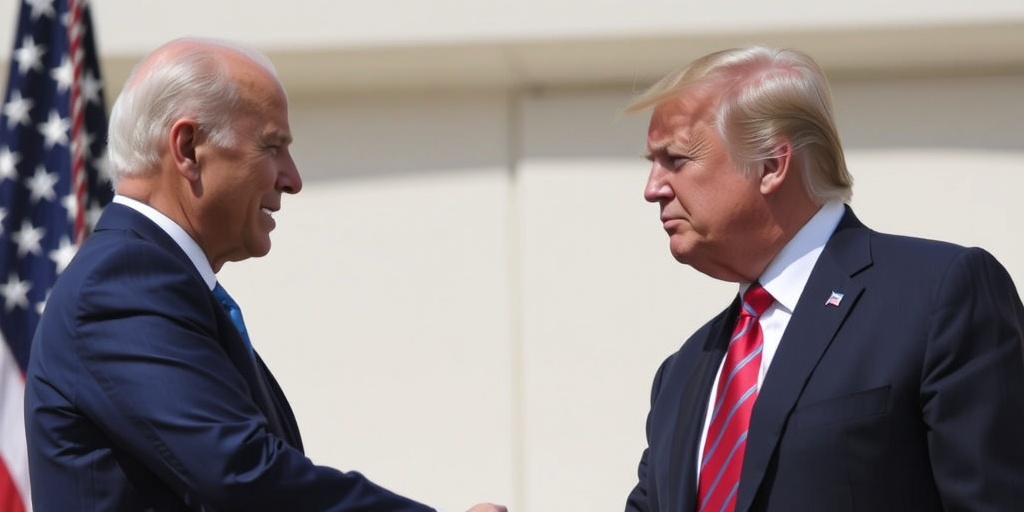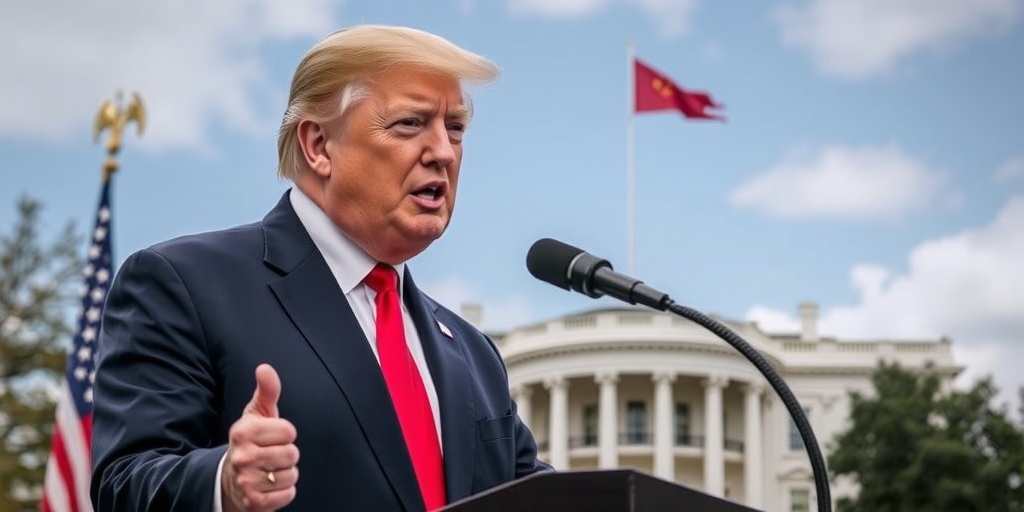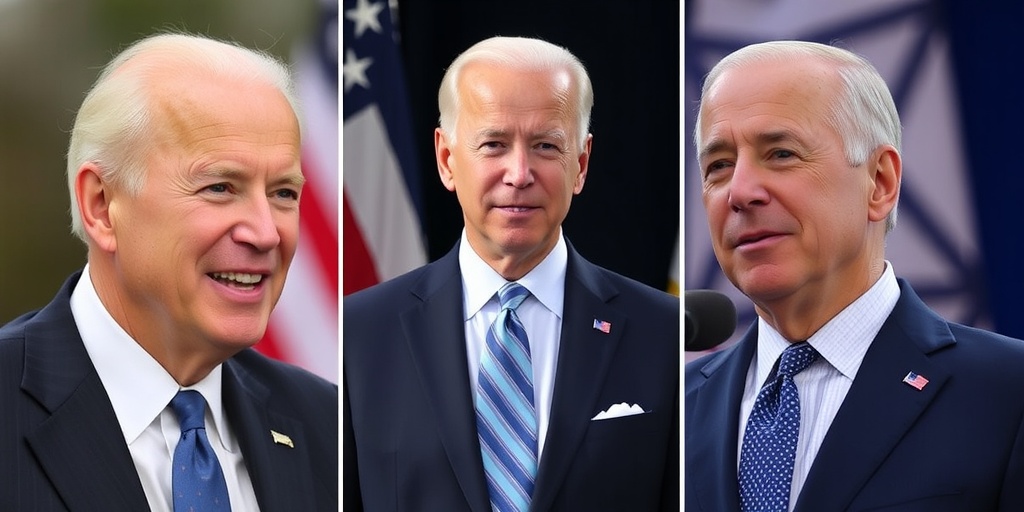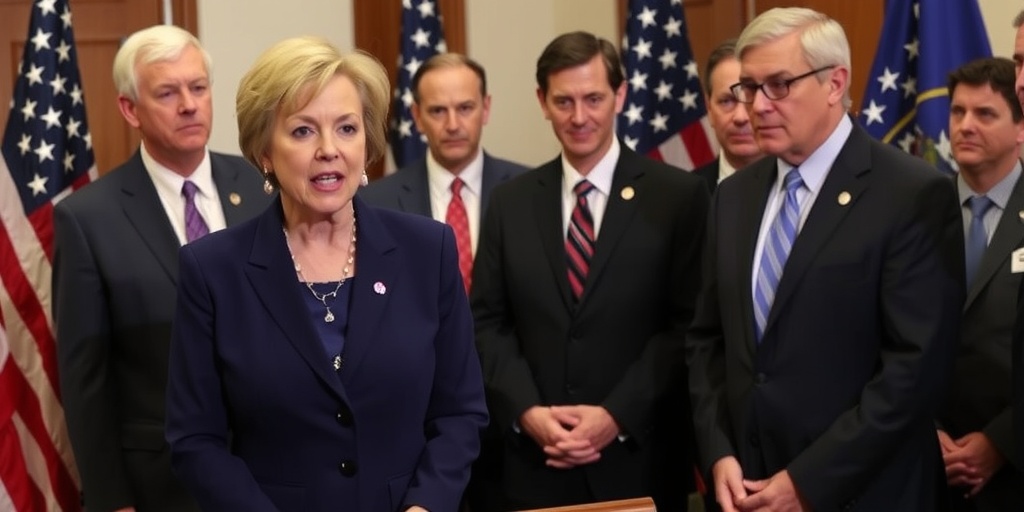Now Reading: Lech Walesa Joins Letter to Trump in Horror Over USSR’s Power
-
01
Lech Walesa Joins Letter to Trump in Horror Over USSR’s Power
Lech Walesa Joins Letter to Trump in Horror Over USSR’s Power
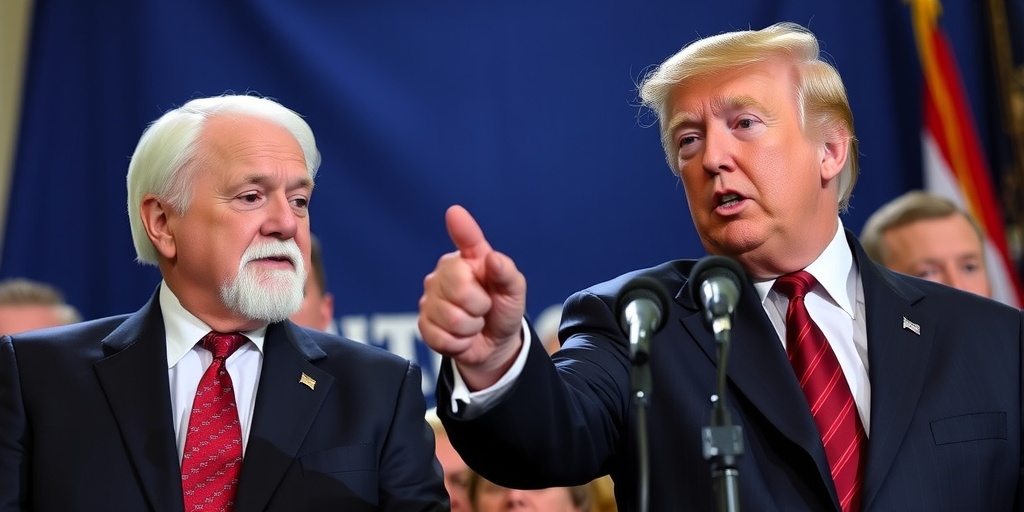
Lech Walesa and Former Polish Political Prisoners Express Outrage Over Trump’s Treatment of Zelensky
Lech Walesa, the renowned leader of Poland’s Solidarity movement, joined forces with more than 30 former Polish political prisoners to express their profound dismay regarding President Donald Trump’s recent interactions with Ukrainian President Volodymyr Zelensky. The letter, sent to Trump, articulates their “horror and disgust” at the way the American president admonished Zelensky, drawing a stark comparison to their own experiences under the oppressive Communist regime.
The letter, written in Polish, vividly describes the unease felt by Walesa and his fellow signatories, who recalled the chilling atmosphere reminiscent of their own interrogations by the Security Service and the oppressive courtrooms of Communist-era Poland. They expressed their fear that Trump’s words echoed the intimidation tactics used by Communist officials, who wielded power with little regard for the rights of individuals. In particular, they took issue with Trump’s remark to Zelensky that “you don’t have the cards,” which they interpreted as a direct attempt to undermine Ukraine’s sovereignty in its ongoing conflict with Russia.
Their statement highlighted a troubling trend: the tactics of Communist functionaries who demanded compliance under the guise of protecting innocents were now being echoed in modern politics. The letter quoted the former prisoners as recalling how they were pressured by those in power to cease their activities for the supposed greater good, paralleling Trump’s dismissive comments to Zelensky when the Ukrainian leader insisted on the necessity of security guarantees for peace negotiations with Russia. Trump’s retort, stating that Zelensky was “gambling with the lives of millions of people,” further fueled the outrage, as it mirrored the manipulation they experienced during the Communist era.
The letter was publicly shared on Walesa’s Facebook page alongside an English translation and a historical photograph of Walesa meeting with Trump. It contained strong language expressing disbelief at the lack of gratitude shown by Trump and Vice President JD Vance toward Zelensky for his leadership and the sacrifices made by Ukrainian soldiers defending democratic values. “Gratitude is due to the heroic Ukrainian soldiers who shed their blood in defense of the values of the free world,” Walesa emphasized, highlighting a fundamental misunderstanding by the U.S. leadership of the ongoing struggle for freedom against authoritarian forces.
While many European leaders have quietly echoed their alarm over Zelensky’s treatment, they have refrained from publicly criticizing Trump, often fearing backlash or further aggravating tensions in U.S.-Ukraine relations. Walesa’s openly critical letter, however, aims to bring Europe’s concerns to the forefront, illustrating a growing worry that American diplomacy is shifting towards a more sympathetic stance towards authoritarian regimes, rather than standing in solidarity with those fighting for freedom.
Drawing historical parallels, the letter nostalgically recalled the critical support that President Ronald Reagan provided to those opposing Soviet oppression in the 1980s. It highlighted Reagan’s understanding of the harsh realities faced by millions living under Soviet rule, including political prisoners who sacrificed their freedom for the sake of democratic values. The letter asserted that such a legacy of support must not be forfeited lightly, given its importance in the fight against tyranny.
In their conclusion, the former political detainees cautioned against a potential shift in U.S. policy, warning of the historical ramifications of any distancing from democratic principles and alliances in Europe. “The history of the 20th century shows that every time the United States wanted to maintain distance from democratic values and its European allies, it ended up threatening itself,” they cautioned, urging American leadership to reconsider its stance in light of the global struggle for democracy.
As political tensions rise and the landscape of international relations becomes increasingly precarious, the voices of Walesa and his fellow activists serve as a poignant reminder of the sacrifices made in the pursuit of freedom. Their call to action is a plea for solidarity—a heartfelt demand that the principles of democracy and support for the oppressed should remain at the forefront of American foreign policy.
Stay Informed With the Latest & Most Important News
Previous Post
Next Post
-
 01New technology breakthrough has everyone talking right now
01New technology breakthrough has everyone talking right now -
 02Unbelievable life hack everyone needs to try today
02Unbelievable life hack everyone needs to try today -
 03Fascinating discovery found buried deep beneath the ocean
03Fascinating discovery found buried deep beneath the ocean -
 04Man invents genius device that solves everyday problems
04Man invents genius device that solves everyday problems -
 05Shocking discovery that changes what we know forever
05Shocking discovery that changes what we know forever -
 06Internet goes wild over celebrity’s unexpected fashion choice
06Internet goes wild over celebrity’s unexpected fashion choice -
 07Rare animal sighting stuns scientists and wildlife lovers
07Rare animal sighting stuns scientists and wildlife lovers













